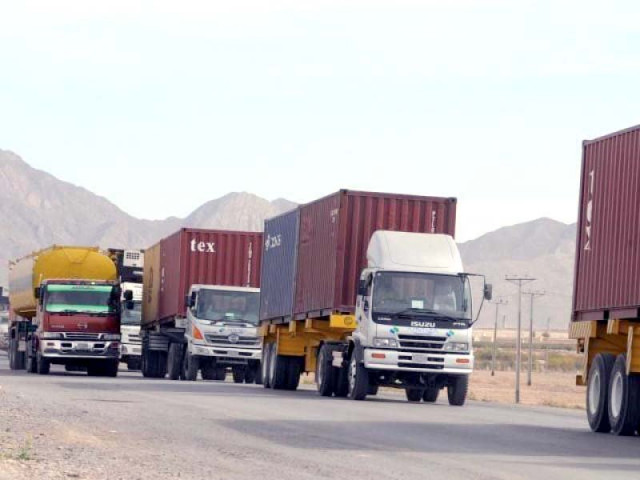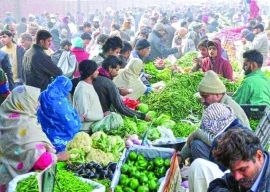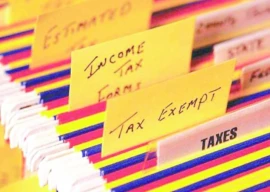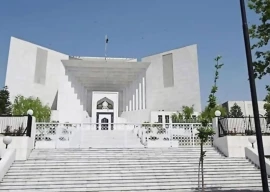
“Iran has finally invited Pakistan to bring a delegation by the end of this month or early next month in order to start the first round of talks on the much-awaited FTA,” said a senior officer in the Ministry of Commerce while talking to The Express Tribune.
The development came after Pakistan sent several requests to the Iranian authorities for negotiations on tariff lines, customs duties and other related issues for inclusion in the FTA document.
Gas utilities to invest Rs71 billion
“Our delegation, led by an additional secretary, will leave in the next three to four weeks; officials of the Economic Affairs Division and the Federal Board of Revenue will be part of the negotiating team,” the officer said. “They will try to finalise the document as quickly as possible.”
The next round of talks would be held in Islamabad in early 2017 to further streamline the matters, the officer said, adding Pakistan had targeted 2017 for striking agreements on free trade with Turkey, Thailand and Iran.
Earlier, the Iranian authorities had given their input for the draft FTA shared by Pakistan, paving the way for beginning formal FTA negotiations.
Pak-Iran ink MoU for new payment mechanism
The two countries had agreed on signing the FTA during the visit of Iranian President Hasan Rouhani to Islamabad in March this year. They agreed to switch from the current preferential trade agreement to free trade and push bilateral commerce up to $5 billion per annum over the next five years.
The two Muslim countries expressed interest in promoting and expanding bilateral trade as soon as the international community removed longstanding sanctions from Tehran earlier this year. Later, they developed a five-year roadmap with the objective of giving a significant boost to trade.
Under the roadmap, they will open special bank accounts in their respective currencies in each other’s central banks to streamline the payment mechanism for trade transactions.
At the time when international embargo was in place, no proper payment mechanism had existed for trade with Iran because of strict curbs on financial transactions. That was the reason for a marked decline in Pakistan’s exports to Iran over the past many years.
Pakistan, Turkey: ICCI chief pushes for road, rail links
As part of the roadmap, both the sides have outlined scores of challenges that will be addressed to achieve the trade objectives.
They will make arrangements to tackle the impediments in the way of bilateral trade such as non-tariff barriers, absence of a mutual recognition agreement, lack of banking facilities, infrastructure bottlenecks and trade through informal channels.
They are eager to step up efforts to give a fresh fillip to trade and open up commerce and investment as well as provide market access under formal agreements.
Published in The Express Tribune, November 6th, 2016.
Like Business on Facebook, follow @TribuneBiz on Twitter to stay informed and join in the conversation.


















COMMENTS
Comments are moderated and generally will be posted if they are on-topic and not abusive.
For more information, please see our Comments FAQ